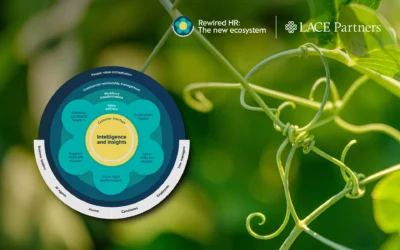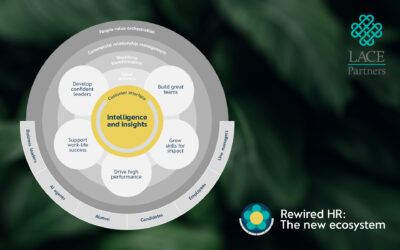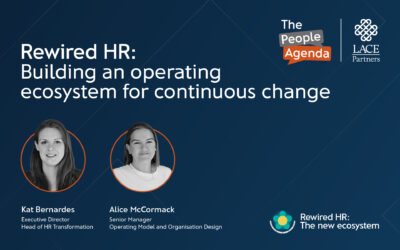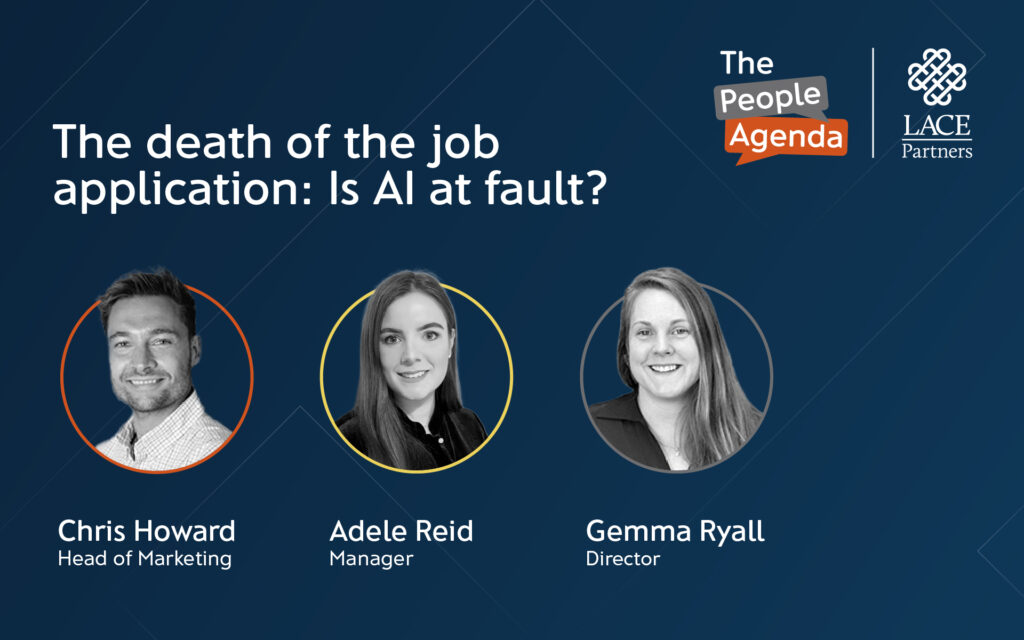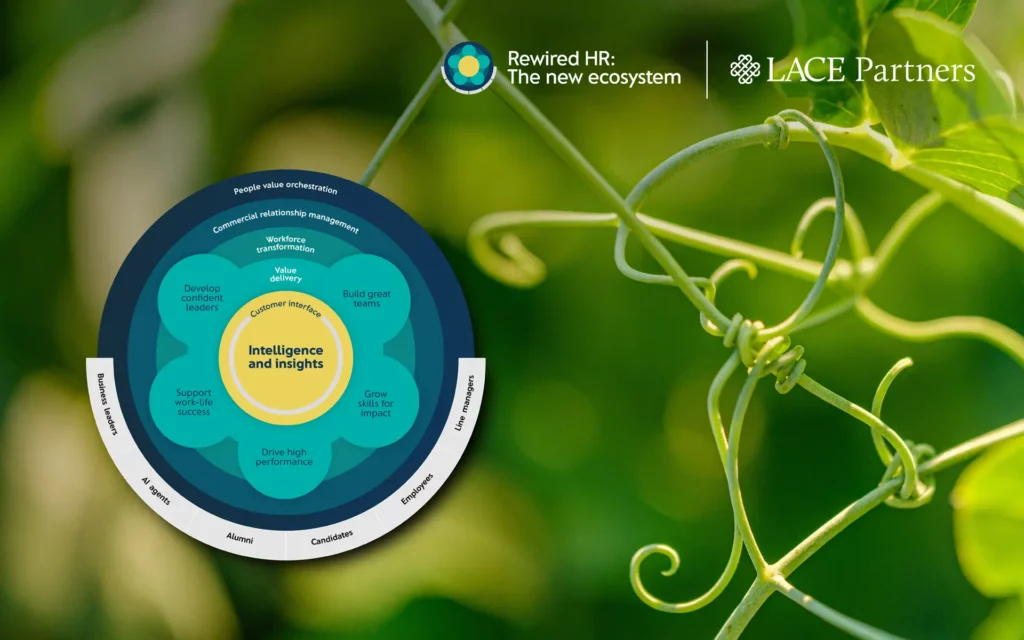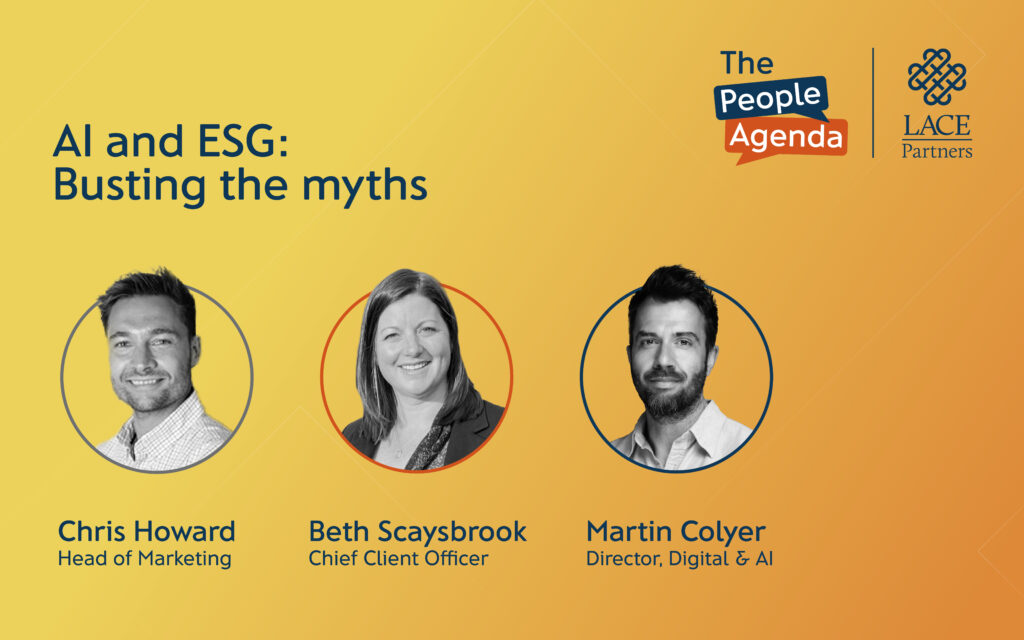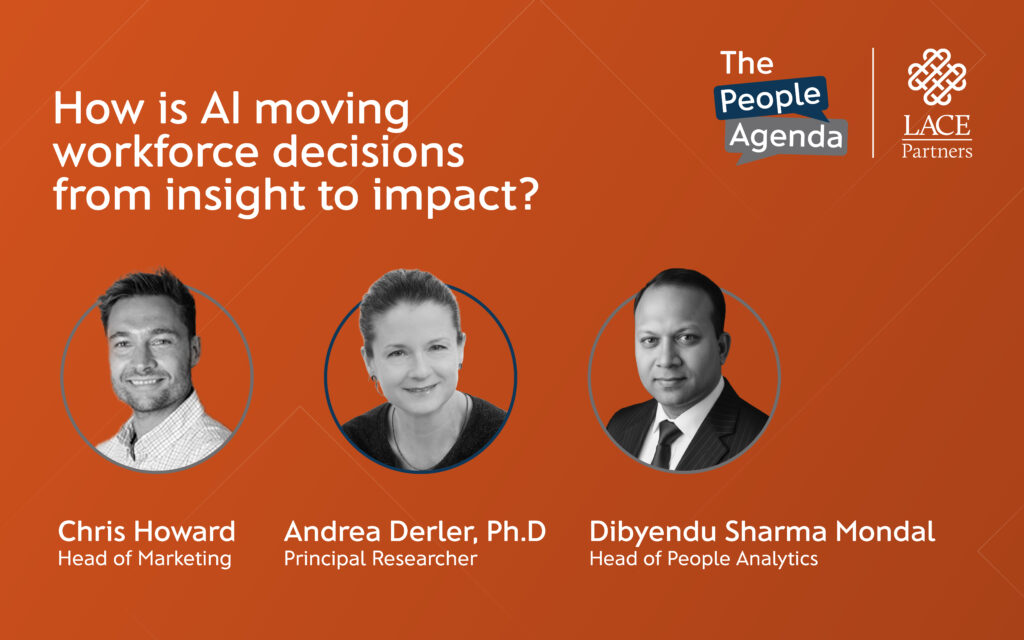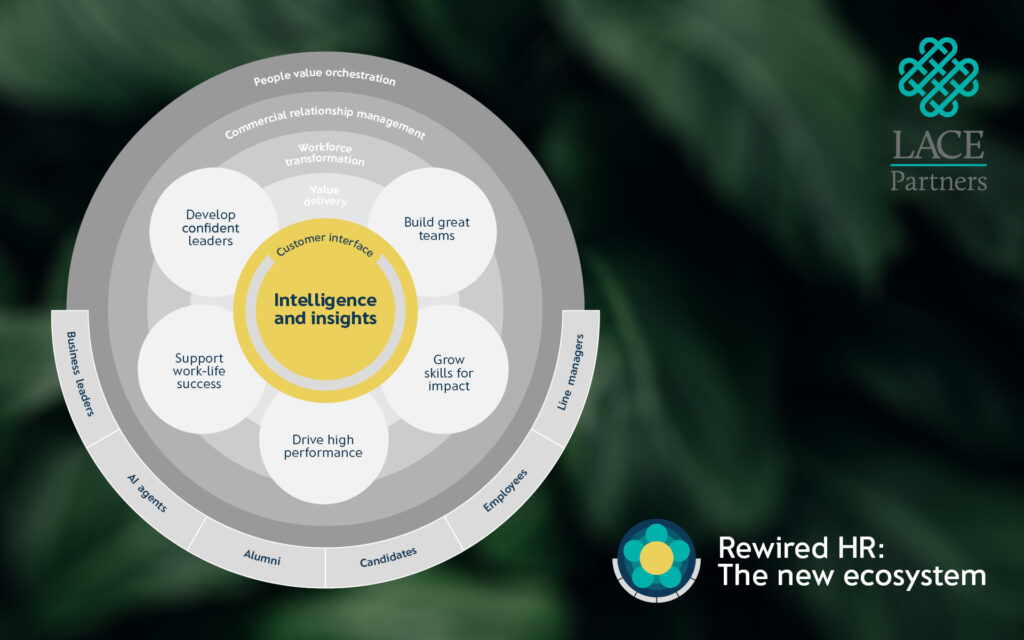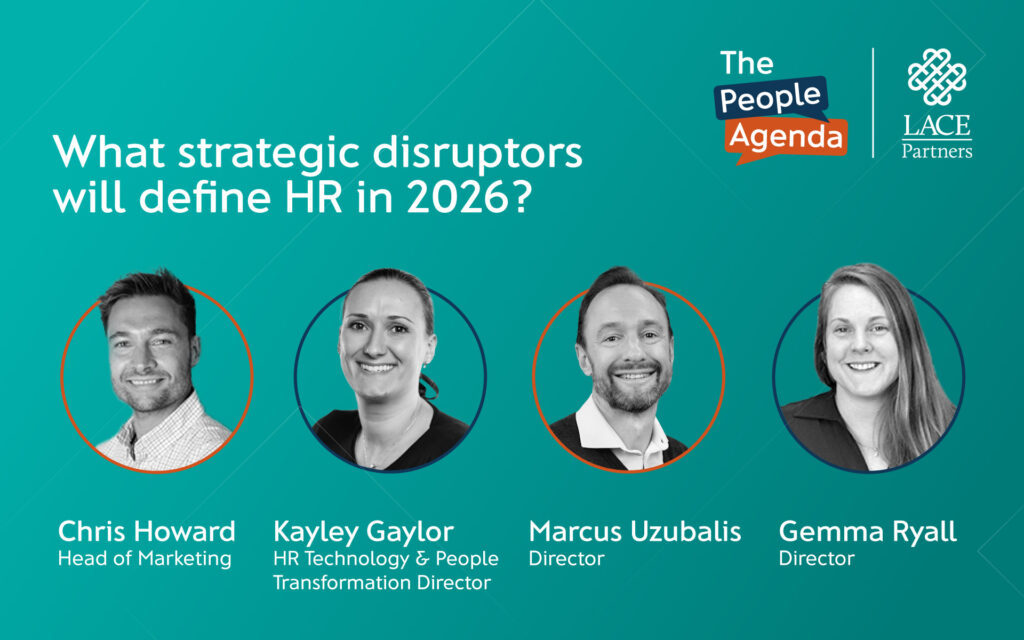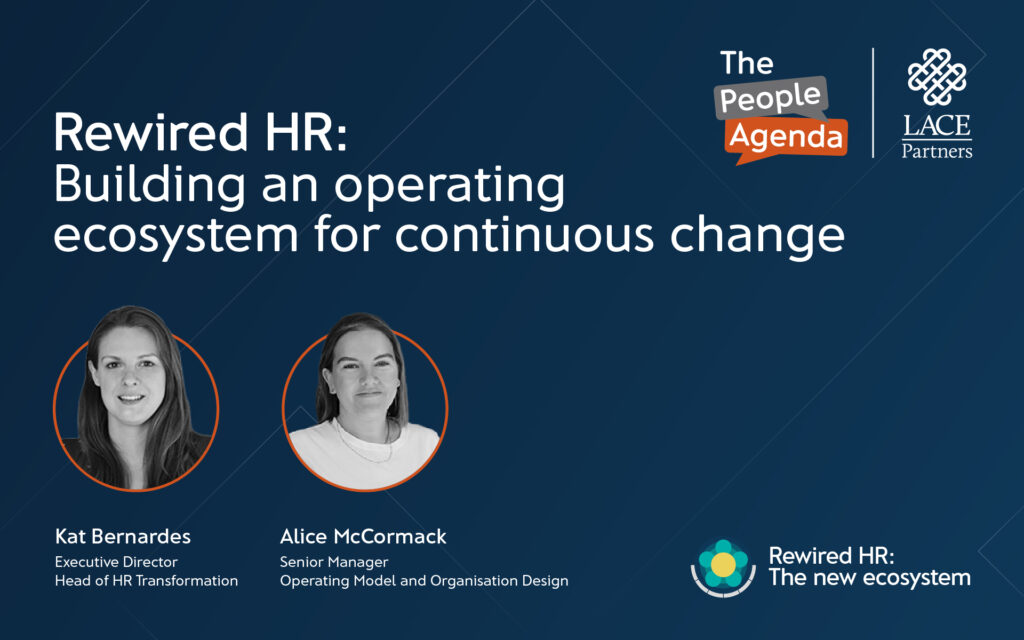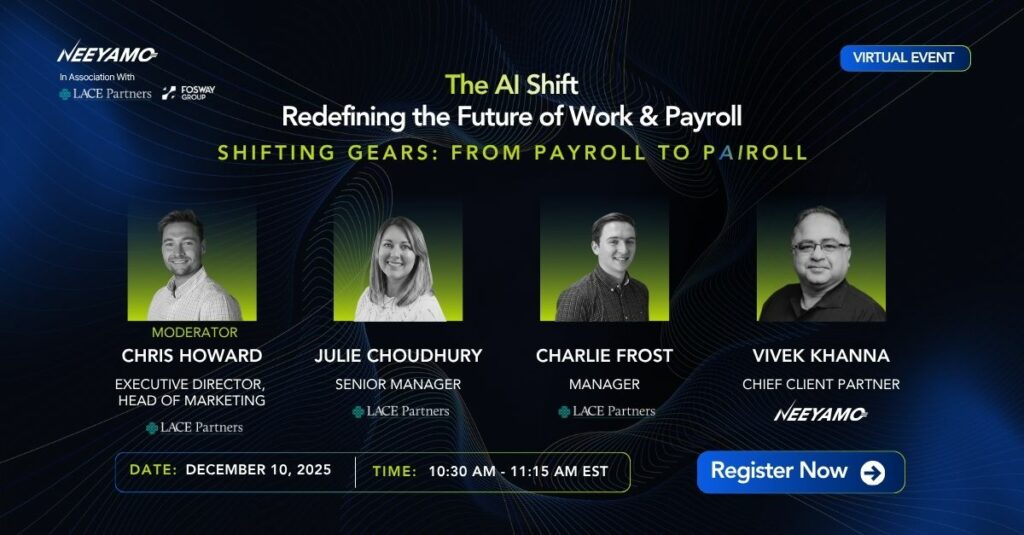 In most organisations, the HR of 2025 is worlds apart from the HR of the recent past: more strategic, more business-focused, more tech-savvy, and elevated, with the role of Chief People Officer (CPO) firmly seated around the C-suite table. But with disruption continuing to drive profound and continuous business transformation, this is not the time for HR to rest on its laurels, confident in its ability to ride the wave.
In most organisations, the HR of 2025 is worlds apart from the HR of the recent past: more strategic, more business-focused, more tech-savvy, and elevated, with the role of Chief People Officer (CPO) firmly seated around the C-suite table. But with disruption continuing to drive profound and continuous business transformation, this is not the time for HR to rest on its laurels, confident in its ability to ride the wave.
Instead, it needs to push forward with its own functional and professional evolution. To keep pace with the demands of business transformation – demands that are likely to accelerate – and play a leading role in delivering the change necessary for sustainable success in a volatile environment, HR must continue to transform itself.
As part of LACE Partners’ Proactive people transformation campaign, we recently held a lunch for HR leaders involved in change, in partnership with Working Futures. The leaders around the table came from a range of sectors – from real estate to oil and gas, tech to professional services – but despite this diversity of industry, we heard common challenges standing in the way of effective and successful transformation.
HR leaders are finding themselves frustrated by global complexity, leading to culture clashes, unclear accountability or overcomplicated governance structures. Compounding this, they are dealing with an increasingly complex and fragmented stakeholder landscape – goodbye shareholder management; hello multi-stakeholder management – and may lack the influence and visibility over this network. As one attendee put it: “It’s not always clear what the agenda is, and aligning priorities across stakeholders is one of the biggest challenges.”
Even under the direction of a strong and well-respected CPO, HR teams are encountering persistent capacity and capability issues. In a dynamic business context, the HR skillset needs to shift as well, and fast, something many functions and individuals are struggling to keep up with while continuing to meet the day-to-day needs of the business.
The data dilemma
There are issues with data visibility, and what to do with that data to actually drive transformation. And the impact of AI serves to muddy the waters further in terms of its impact on skills and organisation design, even while bringing huge potential. As one CPO present warned, if HR doesn’t seize the opportunity to lead on AI-driven change, other functions will – perhaps at the cost of keeping things human-centred.
What does the data tell us?
All these challenges are backed up by data LACE Partners recently uncovered in a survey of 450 C-level execs from large businesses. This survey found that:
- 87% of leaders say HR lacks the capacity to support business transformation
- 50% say HR lacks the analytical capability to use data in business transformation planning
- 33% say HR has weak change management skills
- 30% say HR is not essential in business transformation.
Where must HR focus its attention?
So, what is HR to do about all this? Where do functional leaders need to focus their energy to ensure they become viewed as a valued strategic enabler to transformation, rather than an afterthought, or even a blocker?
When it comes to addressing capacity, HR must get more flexible and agile around talent and skills. You may not be able to hire more permanent heads, but how else can you build agility into your HR operating and resourcing model? This may mean drawing on third-party relationships, borrowing talent from other areas of the business for short-term ‘gigs’ or tapping into the vibrant freelance HR market. It requires being mature enough in your strategic workforce planning capability to be able to effectively assess supply and demand, flexing and prioritising (and inevitably re-prioritising) as appropriate. Even if bringing in a consultant or freelance support, leaders should focus on building internal capability through transformation.
All this won’t be possible without accurate workforce data – and the capability to use it, something which our survey found half of leaders still don’t believe is a given. As one HR director at our lunch shared, the issue often isn’t a lack of data – most organisations are drowning in the stuff – but the knowledge and insight to understand what to look for and how to apply it. It is incumbent on HR leaders to ensure their HRBPs demonstrate strong data and insight competency, knowing how to interpret the data, extract insights and tell compelling stories to influence business decisions. Indeed, some organisations now require data insight competency testing when hiring HRBPs.
Transforming the HR function from within
Most of those around the table had significantly changed the profile of the people they were hiring into their functions, with the aforementioned data skills, commerciality, tech and systems implementation, organisation design and strong communications skills at the top of the wishlist. With one HRD reflecting that “it feels like a transformation is being launched every quarter”, CPOs need to give their teams the skills to be able to deliver on the promises of transformation, rather than slipping into that all-too-familiar ‘cobbler’s children’ mentality.
Getting its own house in order while simultaneously supporting the business and playing a strategic leadership role in transformation is a tall order. But it’s one CPOs must rise to if the function is to ensure those 30% of leaders who feel HR has no place in business transformation realise just how wrong they are…
Interested in talking to us about your approach to skills, ensuring you have the tools to leverage data to tell your transformation story, or how to ensure you are front and centre when it comes to HR being integral in business-wide transformation? Fill in the form below, tell us how we can help and we’d love to have a chat.


